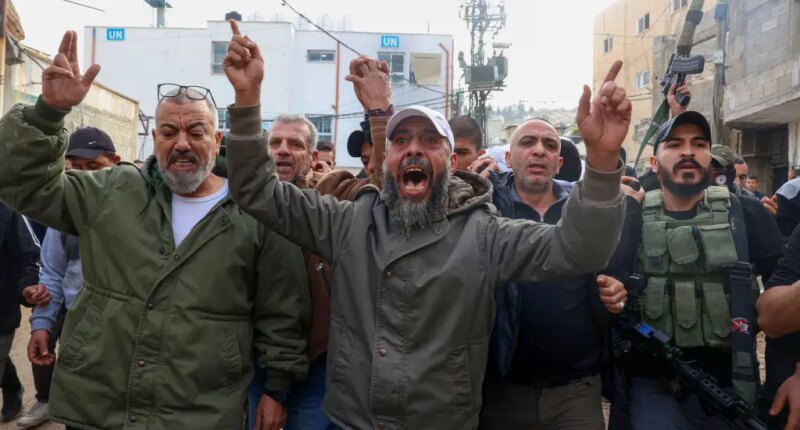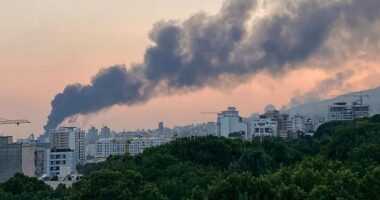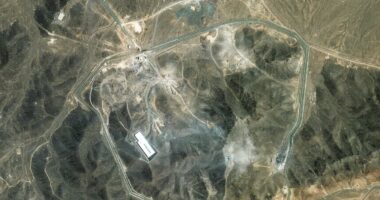The Palestinian Authority (PA) is facing a significant challenge in Jenin in the northern West Bank. The PA is conducting an operation against local terrorist groups backed by Iran. This crackdown has led to violent confrontations, underscoring the widening gap between the PA and the local population.
Iran has been providing financial support to militants to acquire weapons, prompting the PA to take action. They have implemented measures to cut off funding and suppress these groups. The PA understands that Iran will continue supporting Hamas and Islamic Jihad, posing a complex challenge. The timing of this confrontation with Iran is crucial, especially in the aftermath of conflicts in Gaza and Lebanon, as there is little appetite for further military engagements with Israel.
Reports suggest that the United States has sought Israel’s approval to supply urgent military aid to the PA amid its intensified operations against terrorist organizations in Jenin. The Biden administration aims to equip the PA security forces with ammunition, protective gear, and armored vehicles. However, clearance from Israel is required to proceed with this assistance. Historically, U.S. support to the PA has ranged from $200 million to $300 million annually. Following a hiatus during the Trump administration, aid to the PA has resumed, particularly since the Biden administration assumed power.
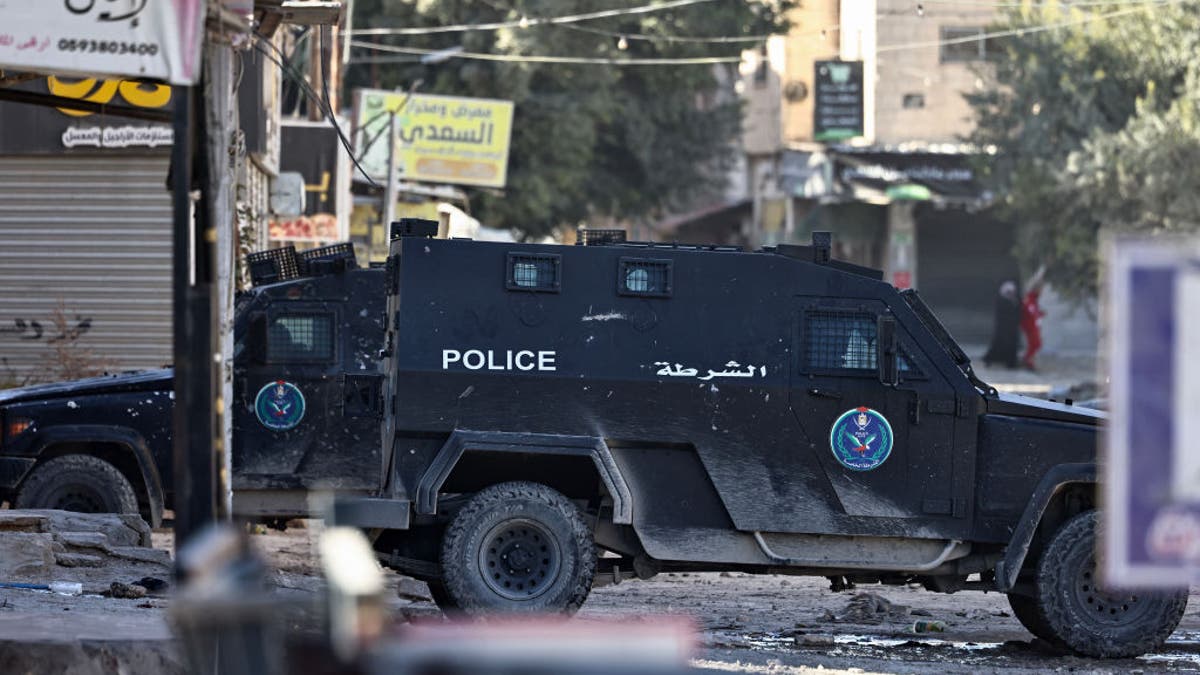
“There’s no active fighting right now, but the PA forces are stuck. They’ve tried to enter, but failed, and now they’re stuck outside,” said Daraghmeh. “They can’t leave, but they can’t continue the operation either, because there are dozens of militants ready to confront them.”
Milshtein, the former head of Palestinian affairs in Israeli Defense Forces military intelligence, told Fox News Digital, “The PA does not have the ability to enforce control in northern Samaria and the surrounding areas. The PA has lost control of these regions, and for years, Israel has treated Jenin and the surrounding areas like Gaza- without PA control mechanisms, and essentially, there’s a real vacuum.”
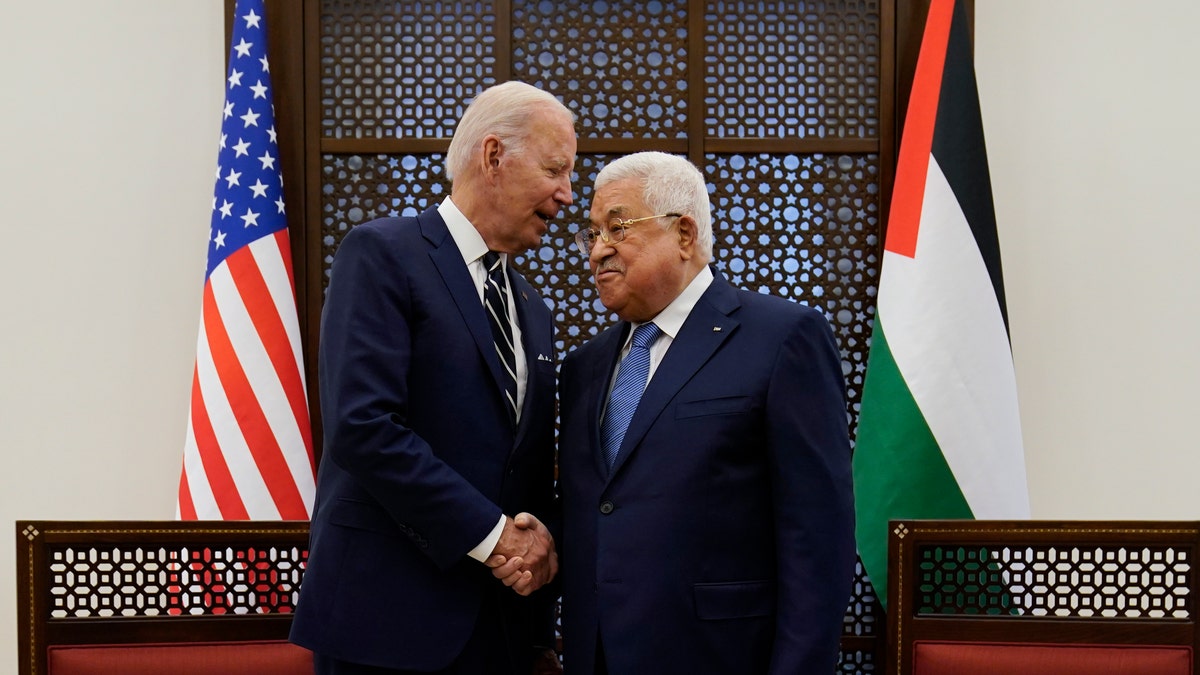
Palestinian President Mahmoud Abbas, right, and President Biden shake hands in the West Bank town of Bethlehem on Friday, July 15, 2022. (AP Photo/Evan Vucci)
The timing of the PA’s operation is significant, with many observers noting that it coincides with the broader regional context, including the ongoing war in Gaza and the fall of Syrian President Bashar al-Assad. Milshtein believes that the events in Syria played a role in the PA’s decision to act. “People in the West Bank say that when one dictator (PA President Mahmoud Abbas) saw what happened to the other (Bashar al-Assad), he decided he would not follow the same fate,” Milshtein explained. “Mahmoud Abbas likely felt that he needed to act before the PA’s authority in the West Bank completely erodes.”
The operation, which is part of a larger crackdown in the northern West Bank, also reflects the PA’s desire to assert itself as a capable authority ahead of potential political developments in Gaza. The PA has long struggled with its ability to govern Gaza, which it lost to Hamas in 2007. Now, with the region in turmoil, it is hoping to prove that it can restore order in the West Bank, which it argues will bolster its legitimacy in any postwar political scenario for Gaza.
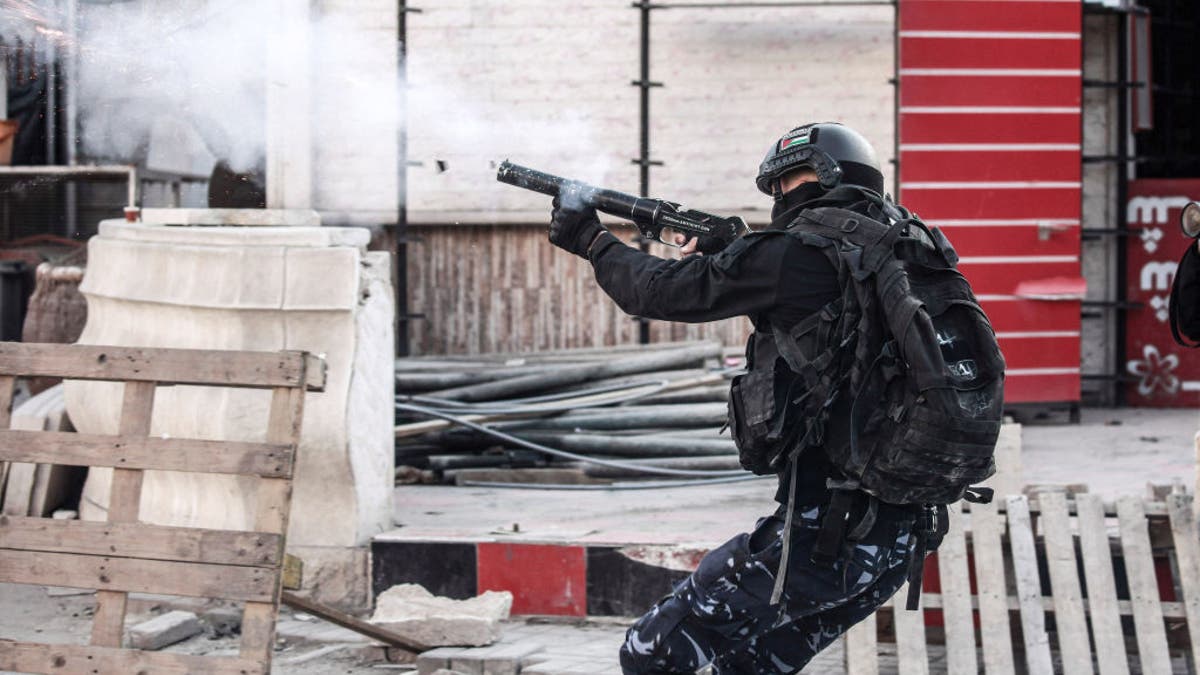
A Palestinian security man fires tear gas at protesters in the center of the West Bank city of Jenin and its camp on Dec. 16, 2024. (Nasser Ishtayeh/SOPA Images/LightRocket via Getty Images)
“I don’t see a possibility that the PA will control Gaza,” Milshtein said, “There are two million people there. For 17 years, they have been ruled by Hamas, and 60% were born after Hamas took control. They were educated to view the PA as collaborators with Israel and enemies. Giving the PA two hours in Gaza is a known failure from the outset.”
Despite the violence in Jenin, Daraghmeh does not foresee the conflict spreading beyond. “People in Ramallah, Hebron and other cities don’t want the West Bank to turn into another Gaza,” Daraghmeh said. “The situation in Jenin is contained, but it remains a test for the PA’s ability to control its own territory.”
